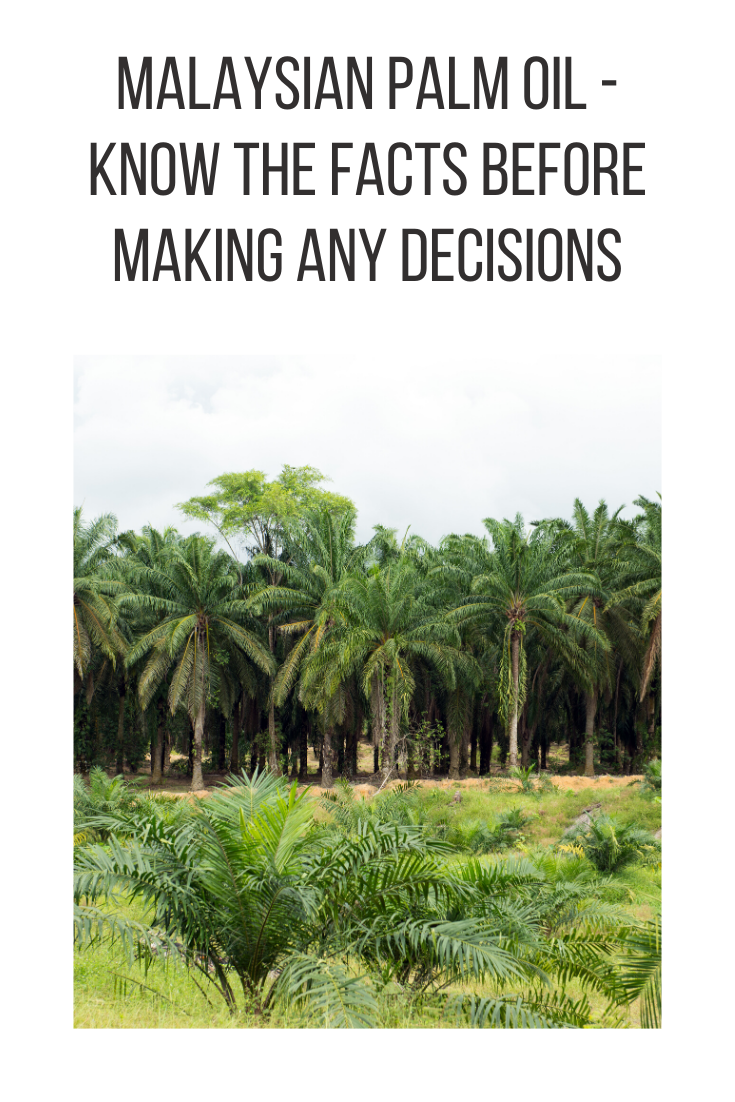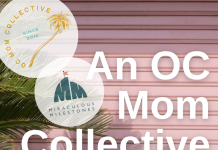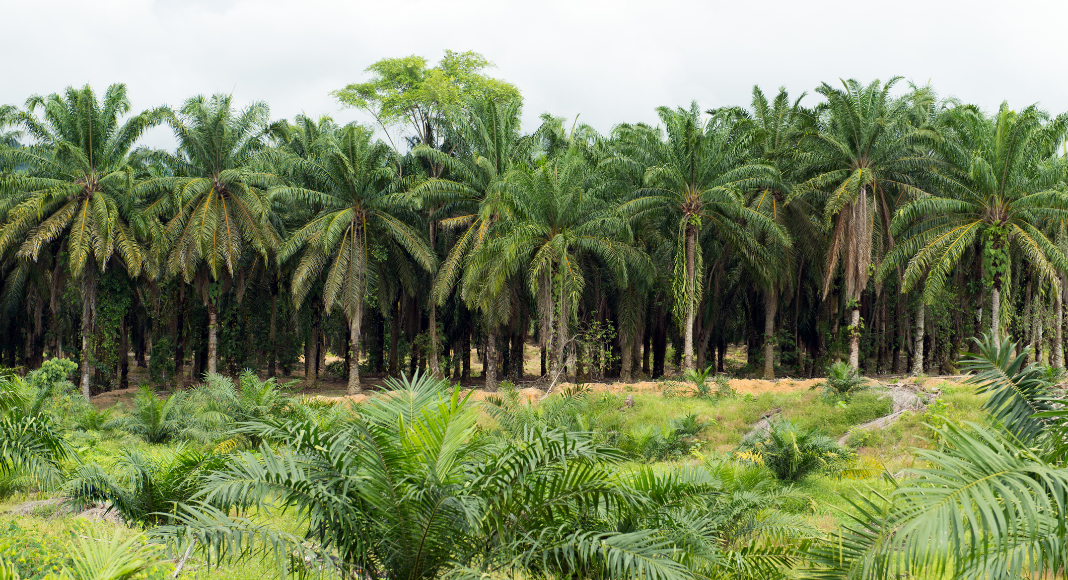Malaysian Palm Oil has been somewhat demonized in the press over recent years, but is this fair and accurate? We are living in a society where so many things are labelled as ‘bad’. Take the rise in greenwashing; we are told that ‘natural’ and ‘clean’ beauty are the way to go, but nobody mentions the fact that this is unlegislated and any brand can label itself ‘clean beauty’. It wasn’t so long ago that low-fat food was king but we now know that low in fat doesn’t mean better for us. It isn’t as black and white as it seems. The same can be said for the production of palm oil.
Is Palm Oil Causing Deforestation?
There is no disputing the fact that palm oil production IS a cause of deforestation, but did you know that livestock is actually the leading driver in deforestation according to Climate Focus? In fact, beef, pigs and poultry, soy, and maize are linked to more deforestation than palm oil.
Should we just ban Palm Oil?
In a word, NO! One of my favourite website for info about palm oil is checkthefactsreportthenews.org and they state
To actively avoid or ban the use of sustainably produced palm oil in our food supply would damage an industry that now actively supports environmental protection. It would likely negatively impact the health of our planet and its people.
Consider the environmental and human costs of not using palm oil
What is being used instead of palm oil? Oil palms require about 1/10th the amount of land to produce the same amount of oil than the far less efficient soy or canola crops.
Plus, palm oil is non-GMO. The same can’t be said for soy or corn oils.
What happens to the family farmers supported by sustainable palm oil production? Palm certification is about more than protecting the forests and wildlife. It is about providing a living wage for the more than million people employed by this industry including the family farmers (smallholders).
But What About The Orangutans?
We’ve all seen the photos of beautiful sad faced orangutans who have lost their homes due to deforestation in Malaysia and Indonesian. But we’ve already established than banning palm oil isn’t the answer. Palm plantations are far more sustainable than crops that yield a similar crop. Oil palm trees can grow for 30 years before they need replacing. Compare that to oilseed crops such as corn or canola which need to be harvested and replanted up to TWICE A YEAR!
There are direct links between the Malaysian palm oil industry and wildlife conservation. There is so much amazing conservation work being done to help both the orangutans and the elephants in Malaysian and much of this is funded by the Malaysian government in partnership with the sustainable palm oil industry.
A recent article in Free Malaysian Today states
“The bigger picture here is that the overall orangutan population has been stable for the last 15 years. This would not have been possible without the collaboration of the Malaysian palm oil industry which is one of the most important stakeholders in wildlife conservation in Sabah.”
So What Is The Answer? Sustainable Palm Oil?
YES! We need to ensure that products containing palm oil are using sustainable palm oil. We should not underestimate the power we have on manufacturers. There are a number of certifications to show responsible and sustainable palm oil has been used, and it’s important to look for manufacturers using these certified palm oils. 2 great certifications are the RSPO and the MSPO. Certified sustainable palm oil is aiming to reduce the environmental impact of palm oil productions and well as giving many Malaysian smallholder farmers a chance to succeed. More than 40 percent of the oil palm planted area in Malaysia is owned by family farmers. The certification process ensures sustainable sourcing and responsible practices are adhered to, as well as a transparent supply chain.
Ok So What Do We Do Next?
Support companies using certified sustainable palm oil.
Put pressure on companies who are NOT using CSPO to do so. Bloomberg suggests there is plenty of CSPO, companies, and consumers just don’t want to pay for it! Social media is a GREAT way to do this.
Raise awareness of the availability of certified sustainable palm oil. So many people don’t even realise it exists.
Activists today are urging the use of sustainably produced palm oil, rather than boycotting it. Clearly, palm oil itself is not the problem, but rather it is irresponsibly produced palm oil.
Wise words from Check The Facts Report the News














